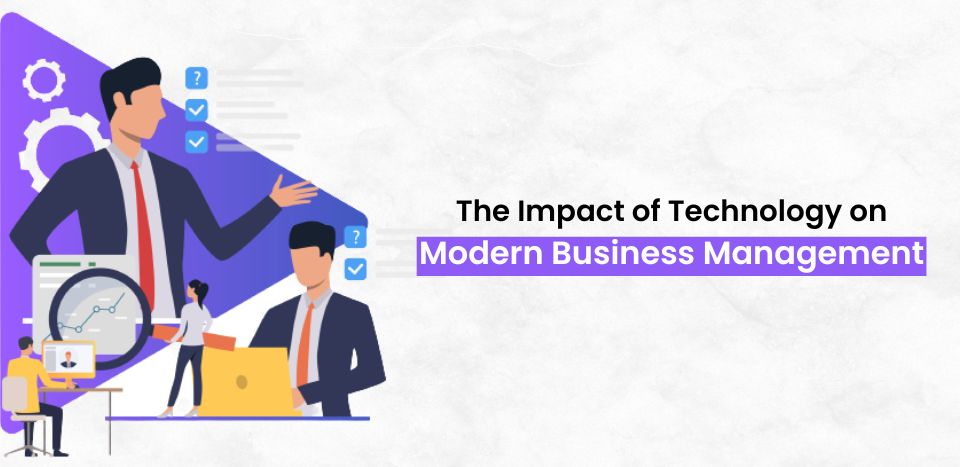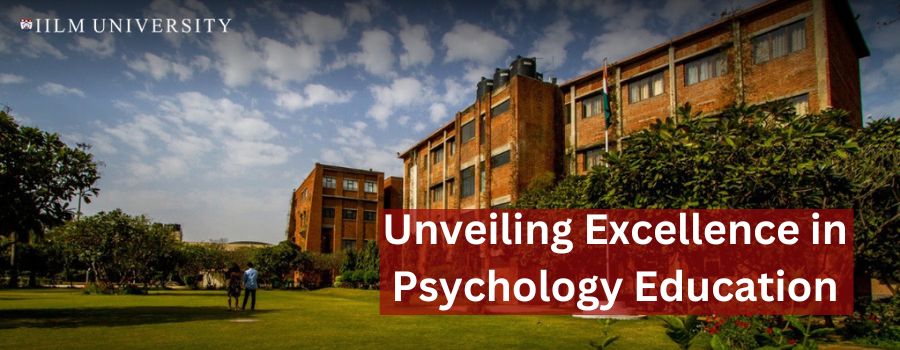A liberal arts education opens up a world of possibilities, opportunities, and knowledge that aligns with the quest for personal growth and self-discovery. The liberal arts encompass a wide range of subjects, including literature, philosophy, sociology, and the arts. In addition to cultivating intellectual curiosity, creativity, and critical thinking, these subjects provide us with a diverse and enriching academic realm.
In this article, let us explore the evolution and the future scope of liberal arts in India, and why choosing a career and learning path at one of the best colleges for liberal arts in India is a great choice for a better future.
Evolution of Liberal Arts
Liberal arts has a long and dynamic history, evolving through the ages to meet society’s changing requirements. In ancient Greece and Rome, the term “liberal arts” referred to the basic knowledge a free person (liberalis) should have. It included language, rhetoric, logic, mathematics, geometry, music, and astronomy.
The liberal arts evolved and expanded over time. The trivium (grammar, rhetoric, and logic) and quadrivium (arithmetic, geometry, music, and astronomy) were part of the mediaeval curriculum, as were disciplines like philosophy, theology, and law. The Renaissance expanded the liberal arts curriculum by including history, literature, and the fine arts.
Natural sciences and social sciences were added to the liberal arts during the Enlightenment.
How IILM is encouraging its students to pursue Liberal Arts?
The IILM University is thoroughly preparing and encouraging its students to pursue Liberal arts and develop a holistic career in it.
– Offering Multiple Extensive Courses
IILM University offers its students a variety of courses under liberal arts that can be pursued as BA (Hons). All the courses have been carefully structured and detailed in a way for the students to gain first-hand and practical knowledge in the respective subject. The courses are for duration of minimum 3 years, in some subjects, one can opt for even 4 years.
– Enhancing the Liberal Arts Curriculum
They regularly update and enhance the curriculum to meet the emerging trends, world expectations, technological advancements and practical field knowledge. The curriculum is made by keeping in mind the students’ and societal expectations of the subject.
– Experienced Faculty
IILM has made sure to instil the finest and top-notch faculty members that can guide and support students as well as impart great wisdom. Their guidance will empower students to embrace the interdisciplinary nature of liberal arts, equipping them with versatile skills and knowledge that are relevant not only for their academic journey but also for their personal growth and future professional success.
The Benefits of Studying Liberal Arts at IILM
By taking courses across disciplines, you gain broad knowledge that enables you to connect information and think creatively.
● Improve your resume by developing critical thinking, problem-solving, and analytical skills.
● Improve your communication skills if you’re an introvert.
● Your personal and professional lives are improved when you learn how to make ethical judgments and act responsibly.
● Working in a team or collaborating with others will improve your skills.
● You can also specialise in a particular field such as Business, Psychology, Journalism, etc., while gaining a broad foundation.
● Any career path can benefit from skills like critical thinking and communication.
● Mentorship and master classes are provided by experienced faculty.
● Business, government, education, and healthcare career options are available!
Which one will you choose?
A Curriculum Tailored Only For You:
With IILM, you have the freedom to explore and the flexibility to shape your educational experience. Providing a well-rounded learning experience, it consists of Core Papers, Fixed Electives, Free Electives, and Skill Enhancement Courses. IILM offers a variety of majors, each of which will provide you with essential knowledge and skills across a wide range of fields.
● Business Administration, Management, BBA
● Psychiatry,
● The Journalist,
● In sociology,
● The English language,
● The economy,
● Relations Internationals
● Career Prospects and Internships
With the skills of research, writing and critical thinking you gain from studying liberal arts at one of the best colleges for liberal arts in India; you are prepared for a wide range of career opportunities. Business, government, healthcare, marketing, human resources, communications, and education are among the most popular careers for graduates.
Liberal Arts is most definitely an upcoming field with great demand and opportunities. If you are looking to expand your knowledge and build a skill set within critical/analytical thinking or humanities, liberal arts is the correct career option for you.
In conclusion, colleges for liberal arts in India like IILM can be rewarding for those who are passionate about the subject and possess a desire to explore diverse opportunities.









